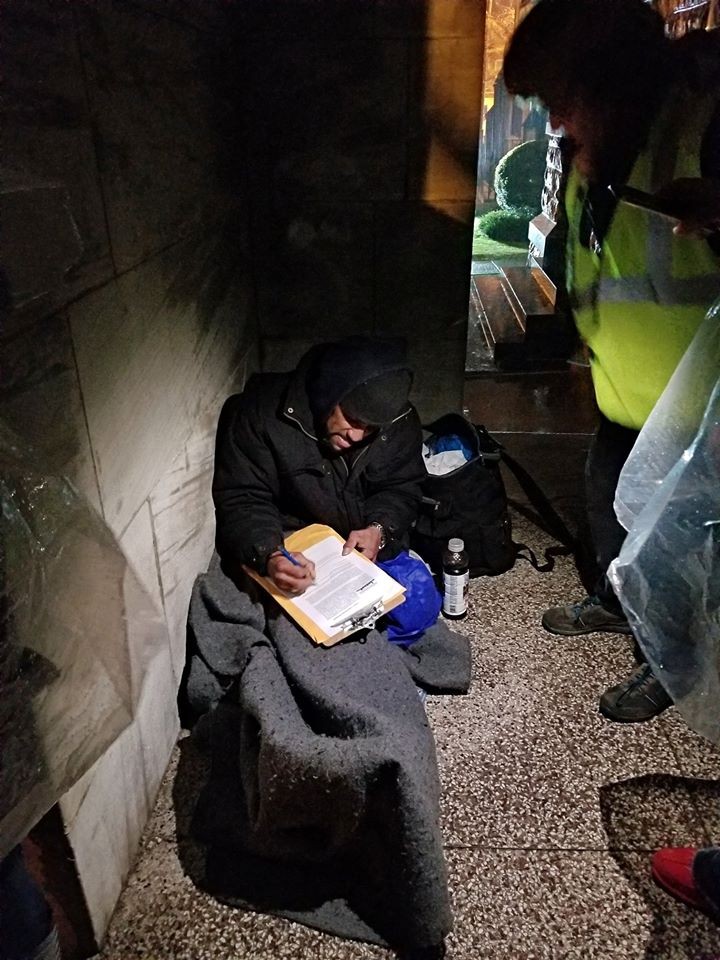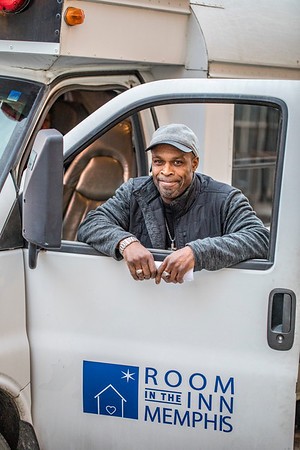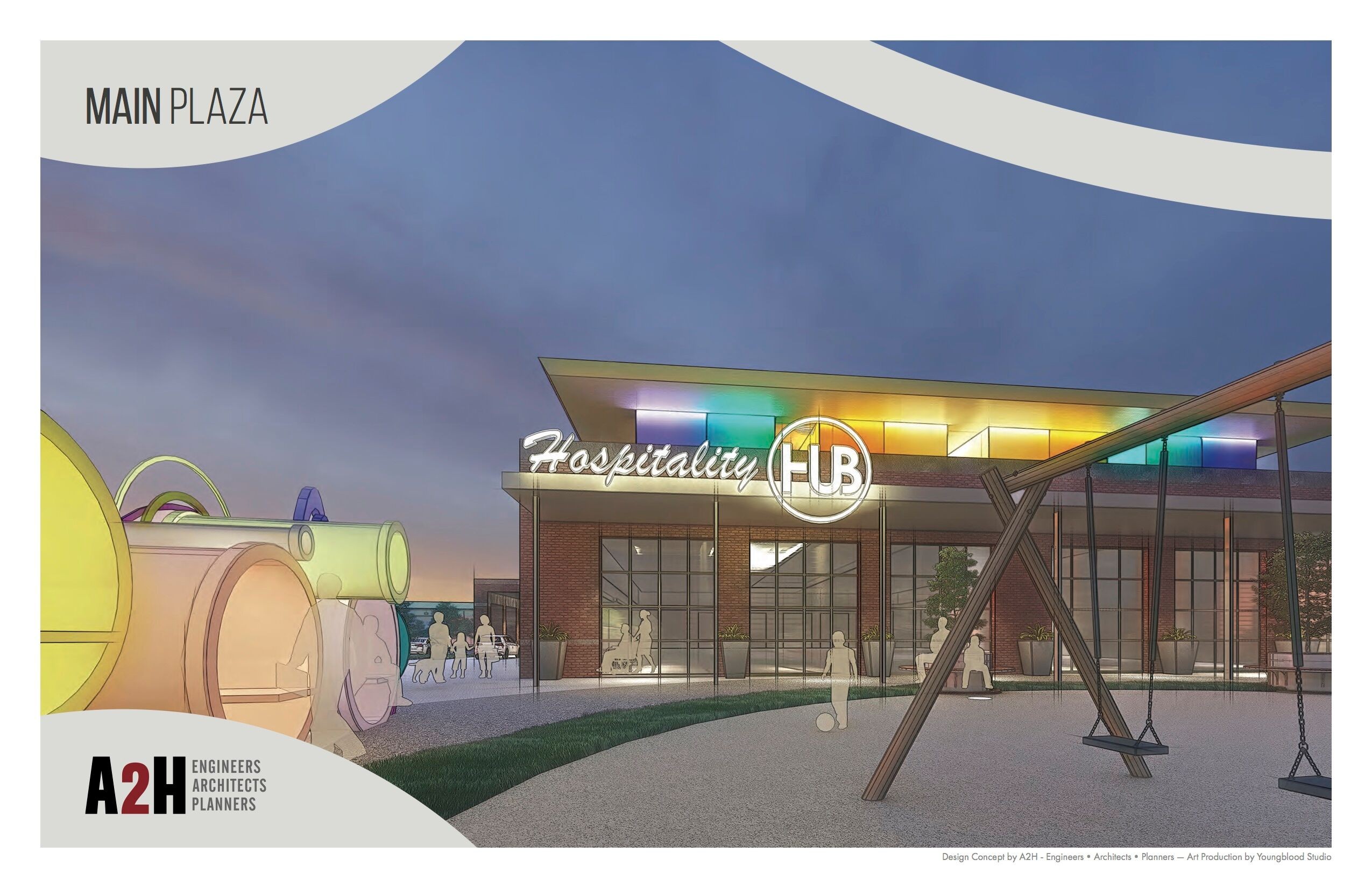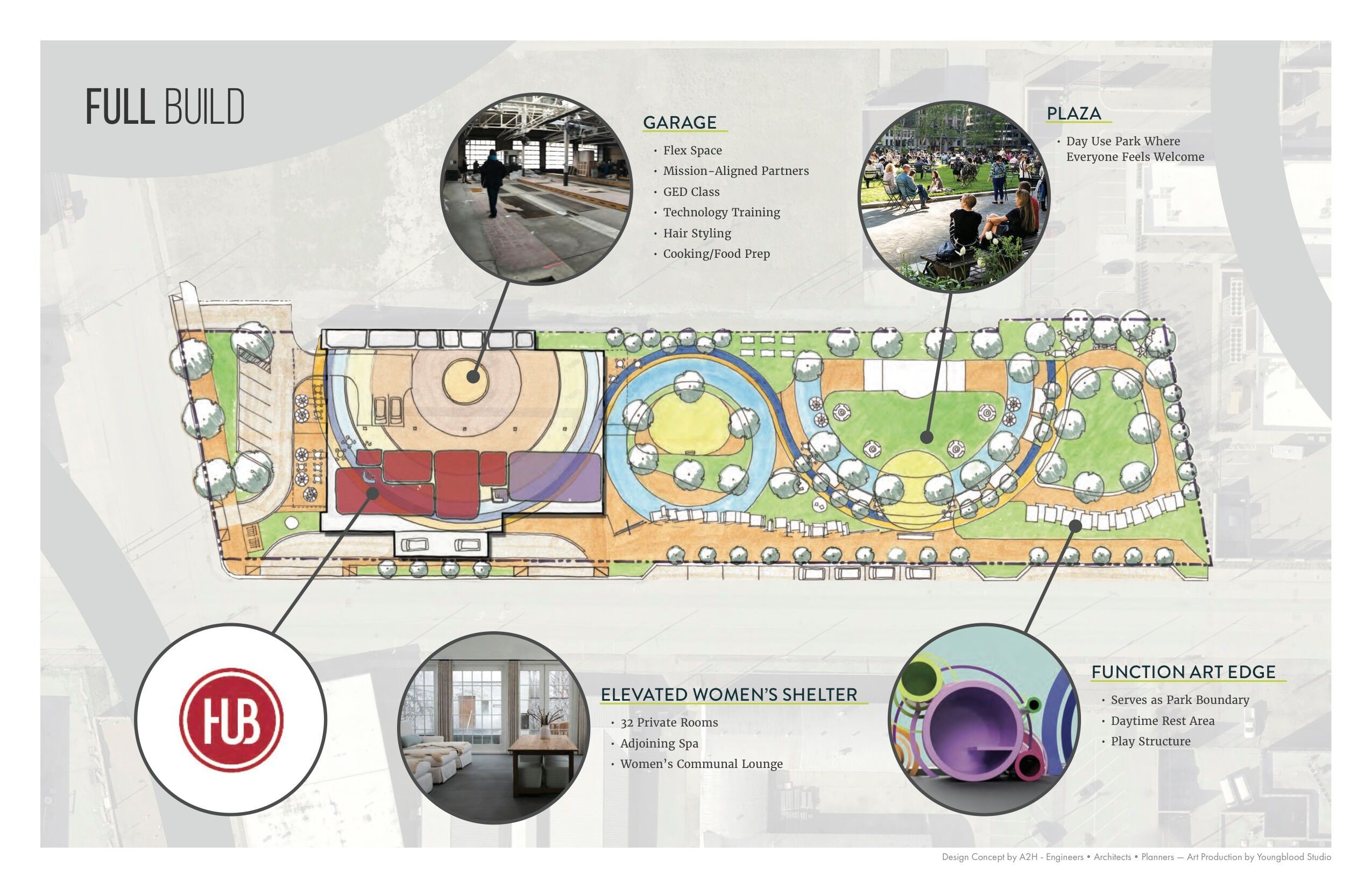 CAFTH
CAFTH
Volunteers passed out surveys to individuals experiencing homelessness
About 100 volunteers met at Calvary Episcopal Church Downtown early Wednesday morning to help with the annual Point-in-Time Unsheltered Count.
The count is required by the U.S. Department of Housing and Urban Development (HUD) and done across the country. It’s meant to serve as a snapshot of those experiencing homelessness on a particular night in January. Each count is planned, coordinated, and carried out locally by volunteers.
Here, the Community Alliance for the Homeless (CAFTH), which leads a community effort to end homelessness, organized the count.
Inside the church, volunteers received brief instructions before breaking into groups and heading to assigned neighborhoods to collect data on homeless individuals. I joined three other volunteers, including a bishop and one of the organizers of Wednesday’s effort, Christine Todd, to cover Downtown.
As the sun rose and broke through the clouds, Todd drove us through Downtown looking for anyone that might be homeless. The goal was to locate unsheltered individuals and ask them a list of survey questions, including basic information such as their birth date, ethnicity, and how long they have been homeless, as well as more personal questions, such as whether or not someone making them feel unsafe or drugs or alcohol use has contributed to their homelessness.
[pullquote-2]
We wore yellow traffic vests and name tags and carried two canisters, one with hot chocolate and the other with coffee. We looked down alleys, on park benches, and doorways. We even knocked on a Porta Potty door looking for a man named Marcus, who had recently told Todd that’s where he had been sleeping.
Todd, who is the community ministries coordinator at Calvary Episcopal Church, has built relationships with homeless individuals living Downtown through her work with the church.
On Sunday mornings, the church opens its doors to homeless individuals, serving them breakfast and providing them with clothes, blankets, and toiletries.
“Did you sleep outside last night?” Todd asked, as we approached a young man curled in a sleeping bag directly behind city hall. The man, who Todd recognized as a regular at Calvary, shivered as he peeked out from under his blanket. He agreed to do the survey, telling us he’s been homeless for four years. He has no job and no sources of income.
During our three-hour shift, we surveyed about a dozen individuals. We encountered most of them in the courtyard of St. Mary’s Episcopal Cathedral on Poplar, where every Wednesday morning there is a service and free community breakfast.
A group of individuals gathered around a fire pit in the church courtyard. Some passed by on their way into the church service, speaking to any familiar face they saw.
I surveyed a man in his late 50s who has been sleeping in a tent on the church grounds for a couple of years. “I’ve been down on luck” and unable to find a job, the man said as he splashed some lighter fluid into the fire pit, rekindling the flame. “The winters are the worst,” he said.
The man said he spends his days looking for a job, but he doesn’t like to venture too far from his homebase, as he worries someone will steal his belongings. Despite his circumstances, the man said he’s grateful for the resources and services he’s able to get from places like St. Mary’s, the Memphis Union Mission, and soup kitchens nearby.
“Obviously, no one wants to be homeless, but if you’re in this area and you don’t have anything, there are plenty of places around to give you what you need,” he said. “There’s no reason to not have the basic stuff.”
The information collected Wednesday will be submitted to HUD and used to determine what resources Shelby County needs to address homelessness and provide housing for unsheltered individuals.
Last year’s count, recorded a total of 1,325 homeless individuals in Shelby County. Of that number, 58 were unsheltered, and 1,267 were in transitional or emergency shelters.
Todd questions the accuracy of the number of unsheltered individuals, saying there are never enough volunteers to count every person sleeping on the streets.
Cheré Bradshaw, the executive director of CAFTH, said Wednesday’s count is not 100 percent accurate, of course, but data on homelessness is collected throughout the year by alliance’s partner organizations.
“So we have a really good idea there,” Bradshaw said. “This is just a snapshot that HUD uses to figure out how many homeless people we have, if we’re doing okay, or if it’s increasing. And they realize this is not totally accurate, but we keep doing it the same way so you can see some trends.”
[pullquote-1]
Bradshaw said homelessness is a big issue in the county, “but we’re doing really well ending it, at least for a lot of people.” CAFTH’s goal is to end long-term homeless and make future homelessness “rare, brief, and one-time,” Bradshaw said. “We know that people will become homeless, but they don’t have to sit out there for a year.”
CAFTH uses a housing-first model to get people into permanent housing through a permanent supportive housing initiative. The initiative provides chronically homeless individuals with affordable housing assistance and other support services.
“And people stay,” Bradshaw said. “Ninety-six percent of the people that go in stay, which is really good.”
The alliance also helps families with rapid re-housing. “We have a pretty good amount of that, so there’s never enough for everyone. But we’re trying.”
Bradshaw said CAFTH also helps find emergency shelters for those in need, but “we don’t have enough of those either.” She said that additional emergency shelters are likely the greatest need in the county right now.
“So we know how to do it, if we just had enough money to do it.” Bradshaw said. She adds that the county could benefit from additional funds for emergency shelters and affordable housing, as well as services that help families navigate the housing system. “We don’t have the funds to do that at the level we would like to.”
Bradshaw’s work is motivated by the notion that “no one should be homeless.”
“To tell you the truth, my father was really sick and if he hadn’t had the resources and the care that me and my sisters were able to provide for him, he would have probably been homeless,” she said. “When I see people on the street, I can see how that could have been my dad. The only difference is my dad had the resources. And that makes me want to help people.”
 CAFTH
CAFTH  Justin Fox Burks
Justin Fox Burks  CAFTH
CAFTH  Full Build
Full Build  Full Build
Full Build